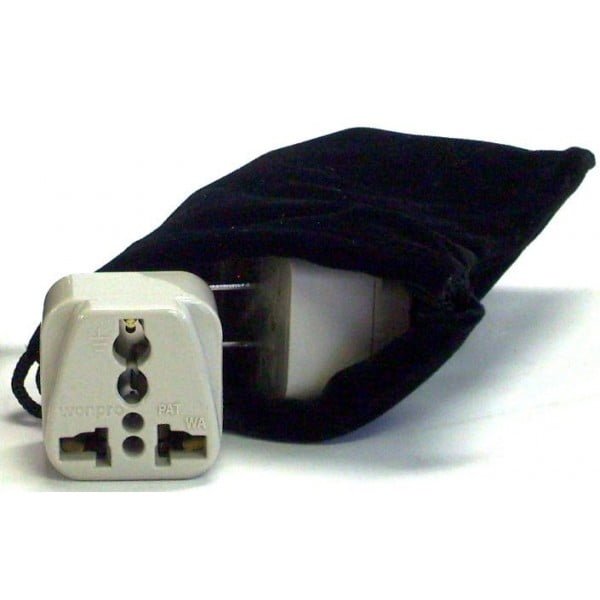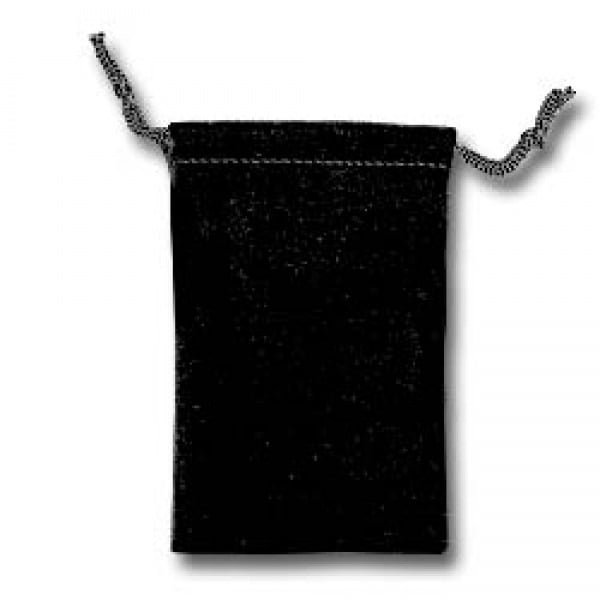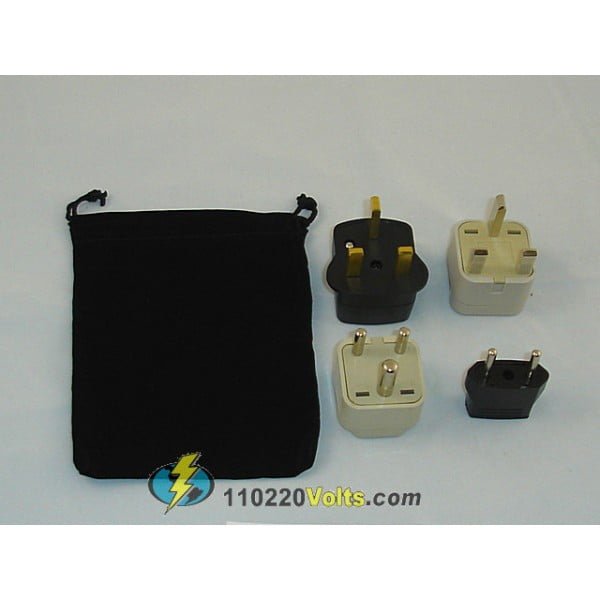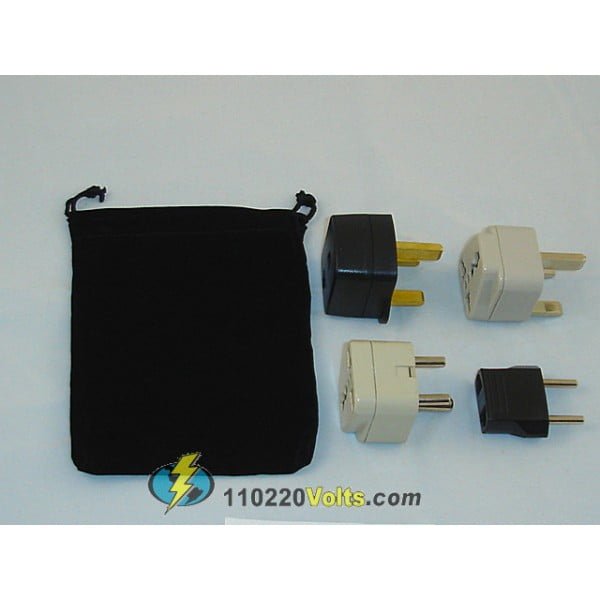Iraq Voltage and Video Systems
Iraq Voltage and Frequency
Electricity in Iraq is 230 Volts, alternating at 50 Hz (cycles per second)
If you travel to Iraq with a device that does not accept 230 Volts at 50 Hertz, you will need a voltage converter
Iraq Video System
Iraq has B/SECAM video system


















Reviews
There are no reviews yet.